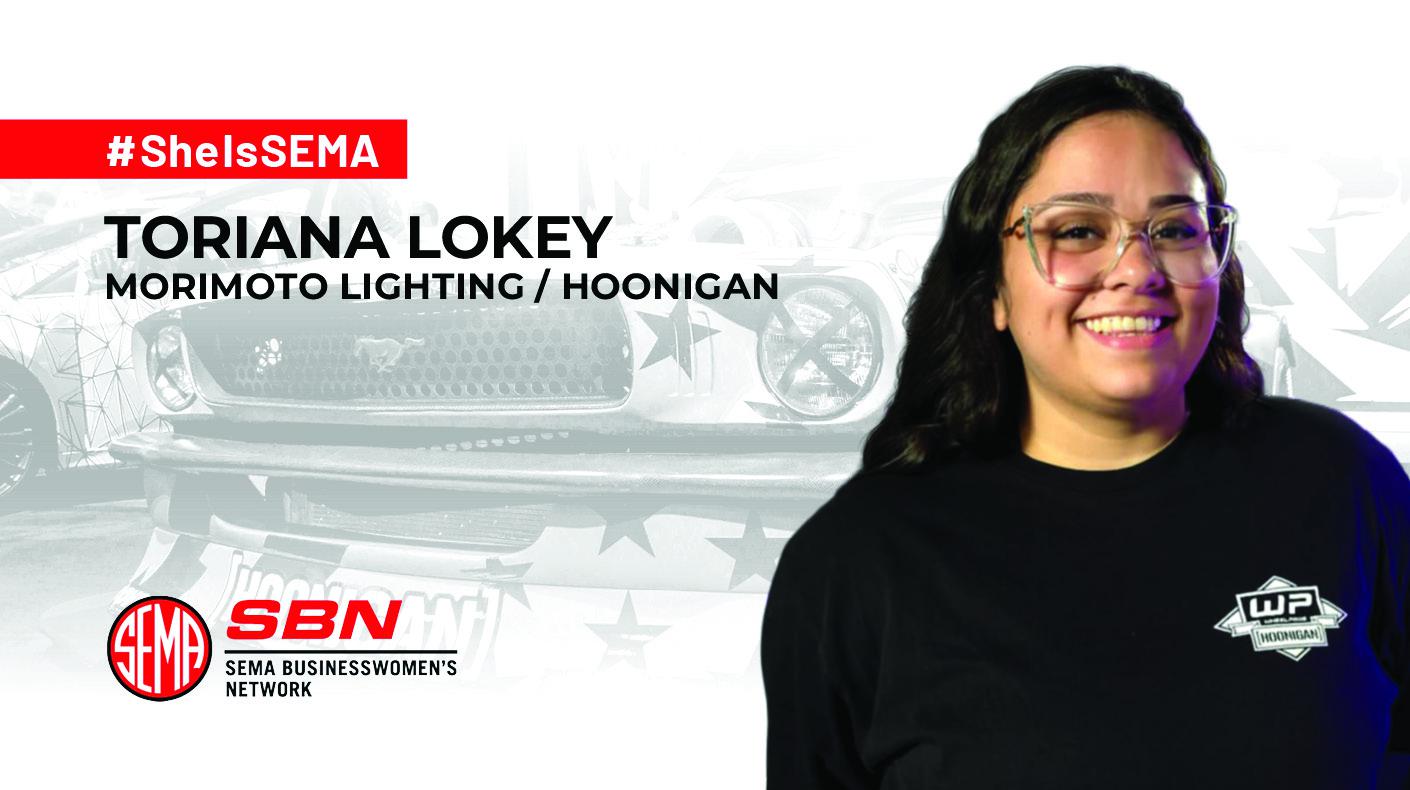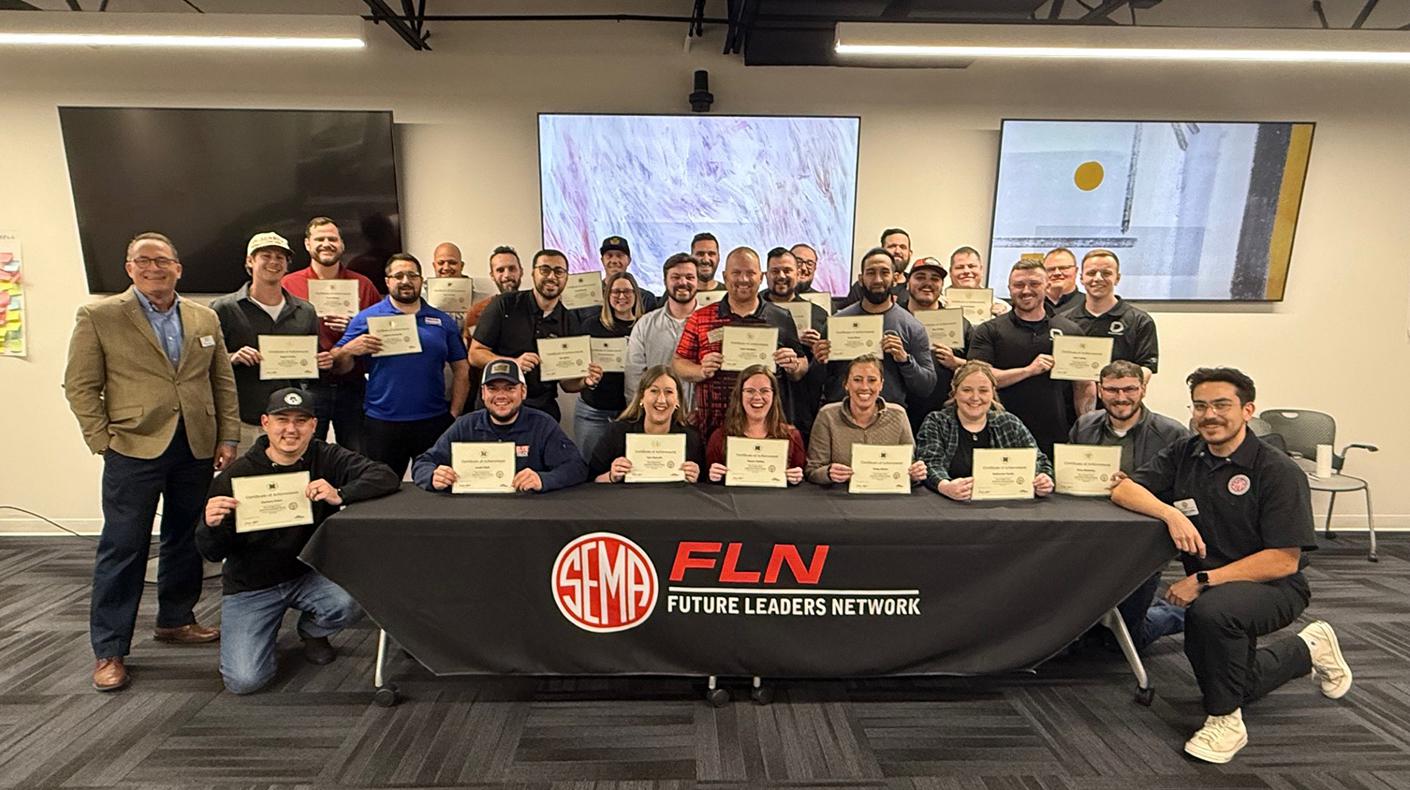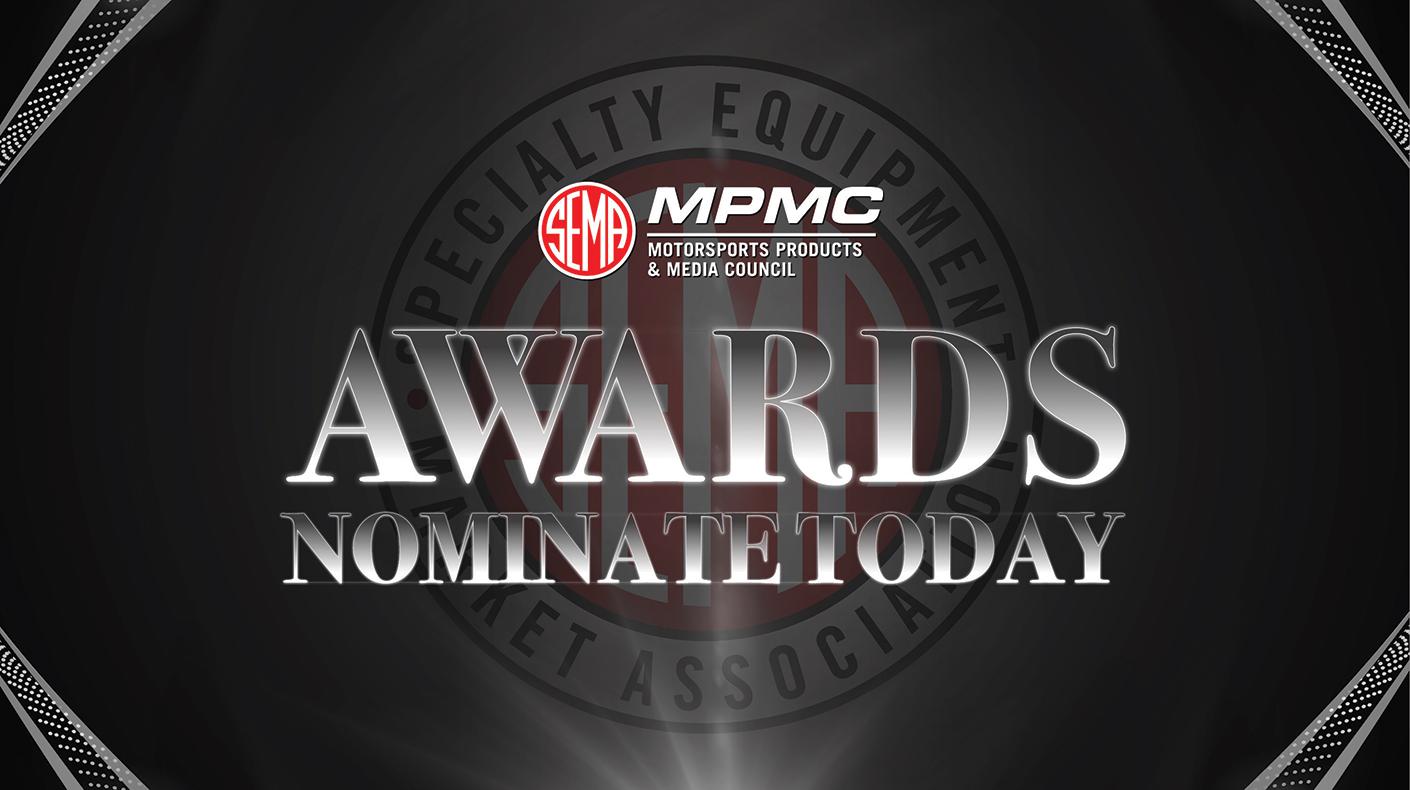Daimler’s much anticipated U.S. introduction of the Smart brand has been a homerun. Early waiting lists, buyer deposits, a bicoastal tour and social gestures have helped the small car wedge itself into the consciousness of mainstream consumers. Touted as a fuel-sipping urban vehicle, the Smart Fortwo and its variants has been a worldwide icon for minimalism and efficiency. Over 900,000 Smart cars have been sold in 37 countries, with the majority being the Fortwo and Fortwo Cabriolet.
 |
Sales for the current model are currently outpacing the previous generation. In the United States, the car has been available since January, with total sales through August accounting for 16,378 units. Not only does this volume represent more than double what Daimler originally expected, but the supplies continue to be a limiting factor. Waiting lists in some areas stretch well past a year.
However, the relevancy of commuter cars does not always translate to specialty-equipment sales. The case for the Smart might be unique, given its hype and immediate status. According to Daimler, buyers of the car are not as frugal as one would expect. Affluent enthusiasts are the majority of their clientele, noting that their exposure to the car was implanted by travels abroad, mainly in Europe.
Despite the low base price, only 5% of consumers opted for the $11,590 model. Instead, the popular sellers are the more elaborate $16,590 configurations. As the novelty begins to fade and competitive models enter the marketplace, the possibility for specialty-equipment sales could supplement the individualist mentality of these icons. Customized Fortwos have begun to appear on enthusiast websites and at consumer shows. For manufacturers, this represents a fresh canvass for enthusiasts in the United States and a global model they might consider.
For more specialty-equipment market research, please visit www.sema.org/research.





